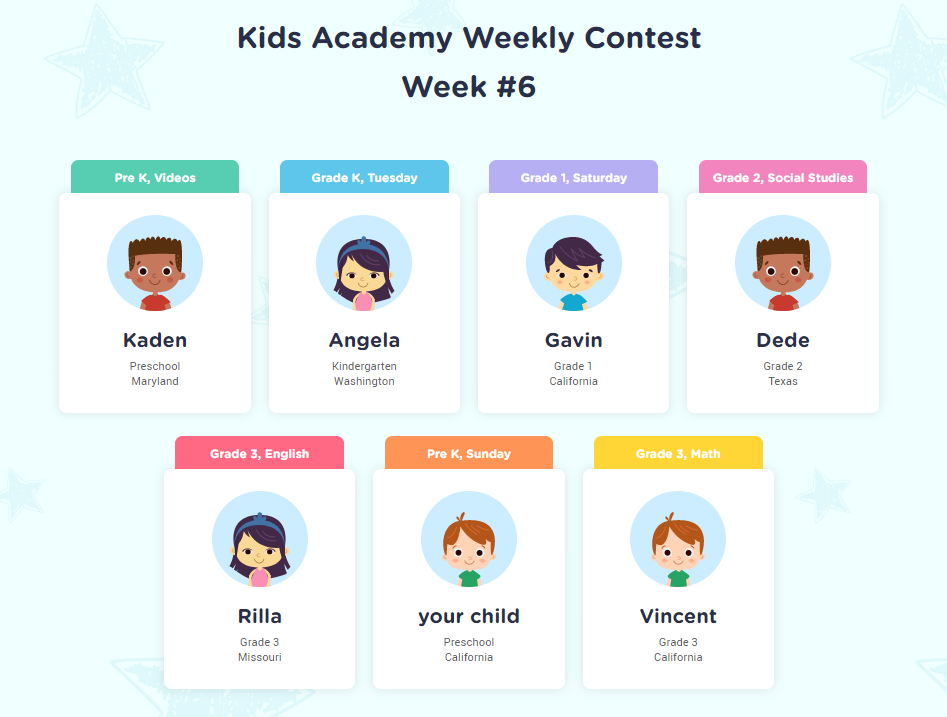Normal Alphabet Worksheets Activities With Answers for Ages 5-8
9 filtered results
-
From - To
Enhance early literacy skills with our "Normal Alphabet Worksheets Activities With Answers for Ages 5-8." These engaging, printable worksheets are specifically designed to build foundational knowledge of the alphabet through fun and interactive exercises. Young learners can practice letter recognition, tracing, and sound association, all while reinforcing their learning with provided answer keys. Ideal for both classroom and at-home use, these activities cater to various learning styles to keep kids motivated and excited about letters. Support your child’s educational journey and foster a love for reading with these comprehensive resources, thoughtfully curated for children aged 5 to 8. Explore today!


Rhyming Words: Assessment Worksheet


Let's Check Long Vowels: Assessment Worksheet


Vowel and Consonant Sounds: Assessment Worksheet


Phonics and Word Recognition: Assessment 3 Worksheet


Phonics and Word Recognition: Assessment 1 Worksheet


Long and Short Vowel Sentences: Assessment Worksheet


Phonics and Word Recognition: Assessment 2 Worksheet


Phonological Awareness: Assessment 1 Worksheet


Phonics and Word Recognition: Assessment 1 ELA Worksheet
Parents and teachers should prioritize Normal Alphabet Activities for children aged 5-8 because these activities are foundational to literacy development. At this critical stage, children are honing their reading and writing skills, making it essential for them to master the alphabet—the building blocks of language. Engaging in these activities helps children recognize letters, understand their sounds, and begin spelling simple words, which boosts their confidence as they progress in reading.
Additionally, Normal Alphabet Activities often incorporate fun and interactive methods such as games, songs, and crafts that promote active learning. These engaging approaches help maintain children's interest and attentiveness, making learning a joyful experience rather than a chore.
Furthermore, participating in such activities fosters essential skills beyond literacy, including fine motor skills through writing exercises and creativity through artistic projects. Parents and teachers can use these activities to create a supportive learning environment that reinforces positive attitudes toward education.
Implementing these activities not only enriches a child’s vocabulary but also strengthens family and teacher bonds, as collaborative learning encourages shared successes and motivation. In summary, Normal Alphabet Activities significantly contribute to a child's overall development and instill a lifelong love for learning.

 Assign to My Students
Assign to My Students






.jpg)









